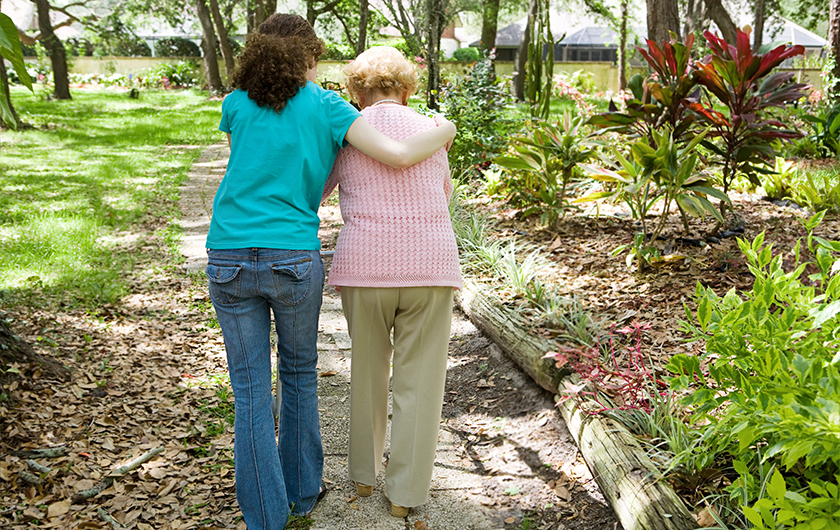As the number of dementia patients rises, some are calling for a network to respond when someone disappears
Photo: iStock/lisafx.
The first 24 hours after a senior goes missing are critical, and while missing persons statements are frequently shared online and on social media by local police departments, these messages can fall on deaf ears. Accordingly, advocates such as Silver Alert Canada are calling for a national system to allow for Amber Alert-style notifications to go out when seniors with diseases such as Alzheimer’s and dementia go missing.
The idea hasn’t met with universal approval, though. In fact, in a recent interview with CBC News, the Alzheimer’s Society of Canada warned against Silver Alerts, saying that they could promote alert fatigue—too many alerts about missing people could cause people to tune out.
In May 2018, the Senate supported a national Silver Alert “strategy and network,” but the motion has been tabled since then. The network would rely on collaboration between local police forces and the federal, provincial, and territorial governments, provinces and territories, and local police.
“In rural houses, front or back fields, gullies and woods, spined with brooks and streams, with myriad ancient lumber roads, dense and overgrown, even the best of woodsmen can get turned around,” New Brunswick senator David Richards told the Senate. “How much more dangerous it is for anyone with Alzheimer’s disease or dementia to wander there, thinking it is a place they recognize?”
Alberta and Manitoba already have a system in place, and in the United States, these kinds of alerts already exist in some form in 36 states. In California, for example, they are issued for those over 65 who are known to have cognitive problems who have disappeared under circumstances deemed suspicious.
The Alzheimer Society of Canada predicts that the number of Canadians with dementia will rise 66% by 2031, reaching a total of 937,000 people. The call for a national safety net such as Silver Alerts could get louder, but even advocates acknowledge that families need to put in place a wide array of strategies to prevent their loved ones from wandering too far. GPS tracking devices and compassionate neighbours can also save lives.






